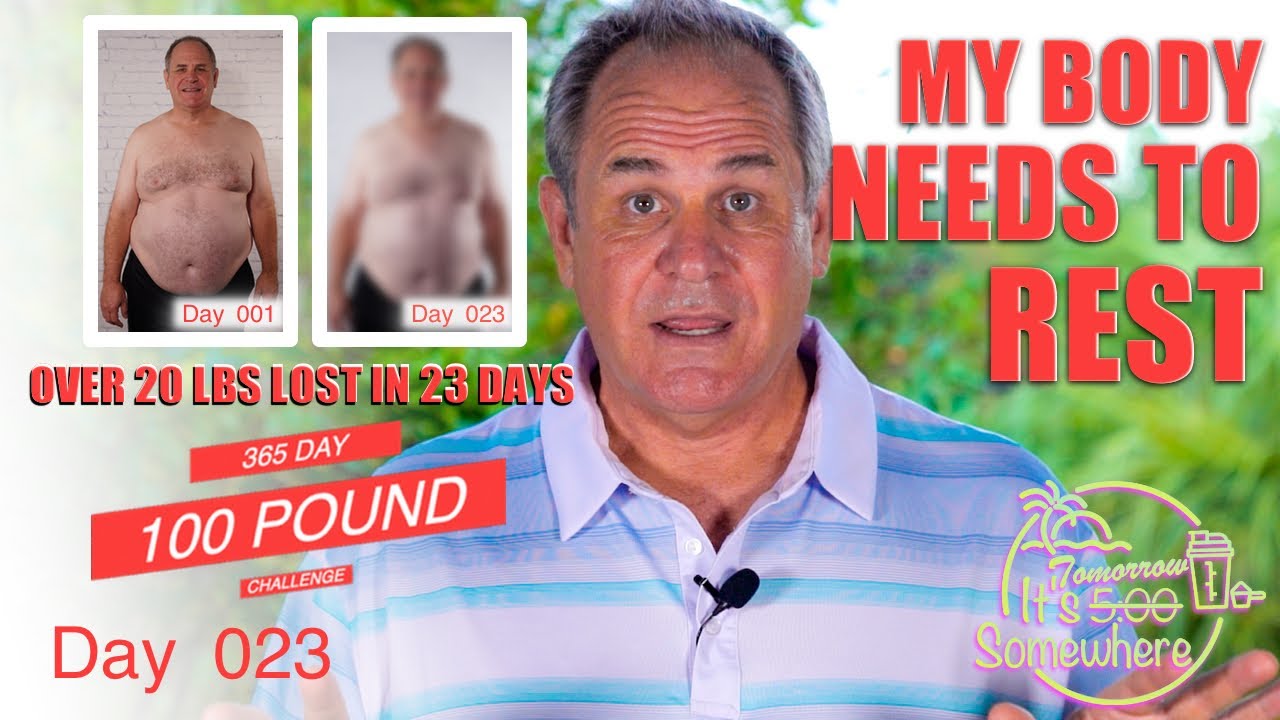Day 23 of the Healthy Keto Journey | Why Rest and Recovery Matter in Exercise

Rest and recovery on keto
Check on YouTube
Introduction
Welcome to Day 23 of my Healthy Keto Diet journey! While staying active and sticking to a keto-friendly lifestyle are essential, there’s one critical aspect we often overlook: rest and recovery. Whether you’re hitting the gym or doing light exercise, giving your body time to recover is just as important as the workouts themselves. In this post, I’ll share why rest is vital, how it supports your keto progress, and tips to optimize your recovery.
Why Rest and Recovery are Crucial
1. Muscle Repair and Growth
When you work out, your muscles experience tiny tears. Rest days allow your body to repair these tears, leading to stronger muscles. Without adequate recovery, you risk overtraining and injury.
2. Improved Performance
Rest helps restore energy levels, ensuring you’re ready to perform at your best during your next workout. Skipping rest can lead to fatigue, reduced strength, and lack of focus.
3. Supports Ketosis
Rest reduces stress, which helps maintain stable cortisol levels. High cortisol can negatively impact ketosis and weight loss by triggering cravings or disrupting your metabolism.
4. Prevents Burnout
Taking time off from exercise gives your body and mind the break they need to avoid burnout and stay consistent with your keto journey.
How Rest Benefits Your Keto Diet
The keto diet and exercise can sometimes be a tough combination, especially if your energy levels are still adapting. Proper rest ensures your body has enough time to adjust to using fat as its primary energy source. Additionally, rest days allow you to focus on other key keto priorities like hydration, meal planning, and stress management.
Tips for Optimizing Rest and Recovery
1. Prioritize Sleep
Sleep is the ultimate recovery tool. Aim for 7-9 hours of quality sleep each night to allow your muscles to repair and your energy to recharge.
2. Stay Hydrated
Dehydration can slow recovery and lead to muscle cramps. Drink plenty of water, and consider adding electrolytes like sodium, potassium, and magnesium to support your recovery on keto.
3. Incorporate Active Recovery
On rest days, you don’t have to be completely inactive. Gentle activities like yoga, stretching, or walking can help improve blood circulation and promote recovery.
4. Fuel Your Body with Keto-Friendly Foods
- Protein: Helps repair and rebuild muscles (e.g., eggs, chicken, or salmon).
- Healthy Fats: Provide long-lasting energy (e.g., avocados, olive oil, or nuts).
- Low-Carb Vegetables: Support hydration and provide essential nutrients (e.g., spinach or broccoli).
5. Practice Stress Management
High stress can hinder recovery. Try relaxation techniques like meditation, deep breathing, or a calming activity like reading.
My Day 23 Keto Recovery Routine
Here’s how I approached rest and recovery today:
- Morning: Started with a light 20-minute yoga session to loosen up.
- Midday: Focused on hydration with water and electrolytes. Enjoyed a keto-friendly lunch of grilled chicken and avocado salad.
- Evening: Relaxed with a magnesium supplement and herbal tea to support muscle recovery and sleep.
The Importance of Balancing Effort and Recovery
On keto, it’s tempting to push yourself to do more—more workouts, more intensity, more challenges. But balance is key. Remember, your body grows stronger during recovery, not during workouts. By giving yourself permission to rest, you’re setting yourself up for long-term success in both your keto diet and fitness goals.
Conclusion
Day 23 of my Healthy Keto Diet journey is all about embracing the importance of rest and recovery. Resting isn’t a sign of weakness—it’s a crucial part of becoming stronger, healthier, and more consistent. Whether you’re new to keto or a seasoned pro, make recovery a non-negotiable part of your routine.








